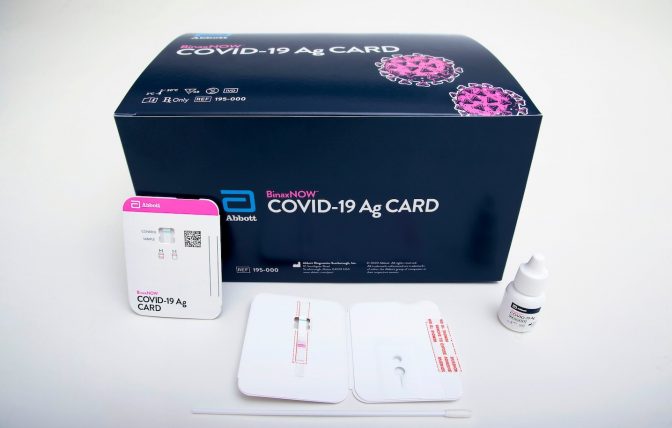Male’, Maldives – Health Protection Agency (HPA) has decided to allow antigen testing in the Maldives, and has issued a guideline regarding the testing.
In the regulations, HPA said that the results of the tests shall be used based on the status of the virus in the body. As such, the SARS Cov-02 antigen rapid test would be most accurate when tested while the body has maximum traits of the virus. HPA revealed that the regulations to be followed in carrying out this test is based on the latest information and recommendations published by World Health Organization (WHO), on the matter.
As per the HPA regulations, the antigen test must be administered to a person in an island with active cases of Covid-19, with in seven days after the person becomes symptomatic, to determine whether the person has been infected.
Should the result of such a test administered come back positive, the result should be deemed accurate and all necessary measures, including that of recovery much be carried out. However, if a symptomatic patient is tested five days after initial symptoms appeared, and the results come back negative, the patient must be administered a PCR test to confirm the result.
The regulations also state that the test must be carried out in a health care facility registered with the Health Ministry and that the individual administering the test must be a trained professional who has taken all the necessary infection control and prevention measures. The sensitivity of the test should also be above 90 percent, while the specificity should be above 97 percent.
This test is to be administered to symptomatic individuals who consult the health care facilities of an island or place in which there is a spread of Covid-19. These health care facilities include flu clinics, health centers and hospitals. Should the facilities be approved by the ministry to carry out the antigen tests, no further approval would be required to test any patients.
According to the Center for Disease Control (CDC), rapid antigen tests perform best when the person is tested in the early stages of infection with SARS-CoV-2 when viral load is generally highest. They also may be informative in diagnostic testing situations in which the person has a known exposure to a confirmed case of COVID-19.





